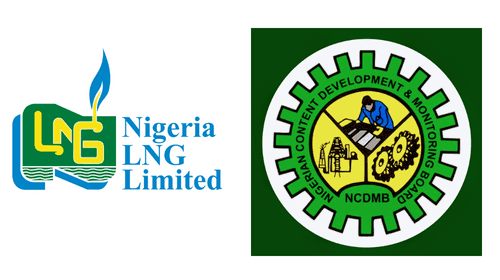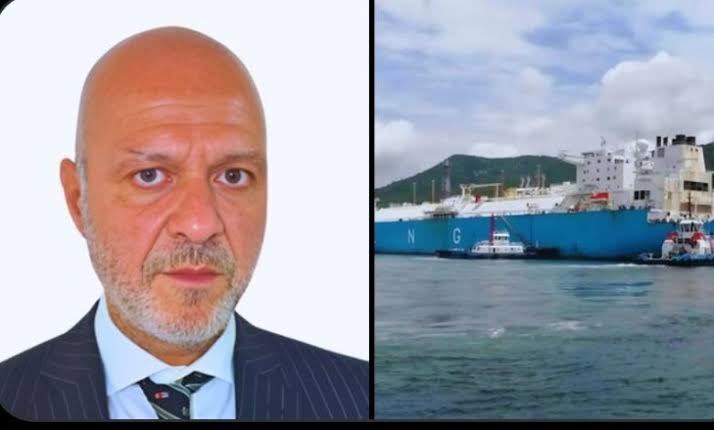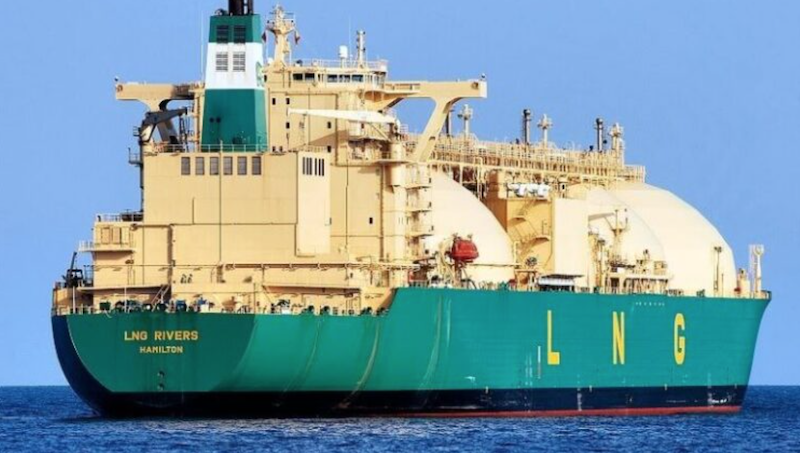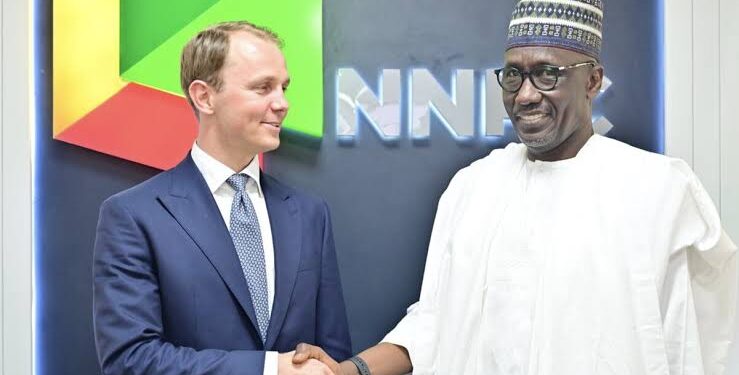The Nigerian National Petroleum Corporation (NNPC Ltd) has begun shipping Liquefied Natural Gas (LNG) cargoes to Japan and China on a Delivered Ex-Ship (DES) basis.
NNPC Ltd in a press release announced that it achieved this milestone with the cooperation of its two downstream subsidiaries, NNPC LNG Ltd and NNPC Shipping Ltd. The company delivered the first DES-LNG cargo from the 174,000 cubic meter LNG vessel Grazyna Gesicka, which was delivered on June 27, 2024, in Futtsu, Japan.

The company has since expanded its presence to China with the delivery of LNG cargoes on a DES basis.
Delivered Ex-Ship (DES) is an international trade term that requires the seller to deliver the product/goods at a particular port. The seller is responsible for shipping and insuring the product/goods until they arrive at the specified port of delivery. This requires expertise and a higher level of efficiency than the Free on Board (FOB) system.

NNPC Ltd started trading LNG in 2021 and made its first LNG cargo sale in November of the same year. Since then, the company has traded more than 20 cargoes on FOB basis in European and Asian markets.
Commenting on this development, Dapo Segun, Executive Director Downstream, said: “The DES system, apart from being more financially rewarding, allows NNPC Ltd inroads into the downstream segment of the LNG sector and positions it to capture more market shares while building in-house capacity and ensuring that global customers are familiar with the NNPC Ltd brand”.

The collaboration between NNPC LNG Ltd and NNPC Shipping Ltd in delivering LNG on a DES basis has strengthened NNPC Shipping Ltd’s position as a leading transportation provider in the LNG sector.
“NNPC Shipping intends to build a shipping portfolio (including owned vessels) so that we can provide our sister company and other clients all the shipping flexibilities they need,” Panos Gliatis, enthused, Managing Director of NNPC Shipping.
NNPC LNG Ltd, in collaboration with NNPC Shipping Ltd, is set to deliver at least two more DES-based LNG cargoes to Asian markets by November, with more orders expected by the end of the year.

































